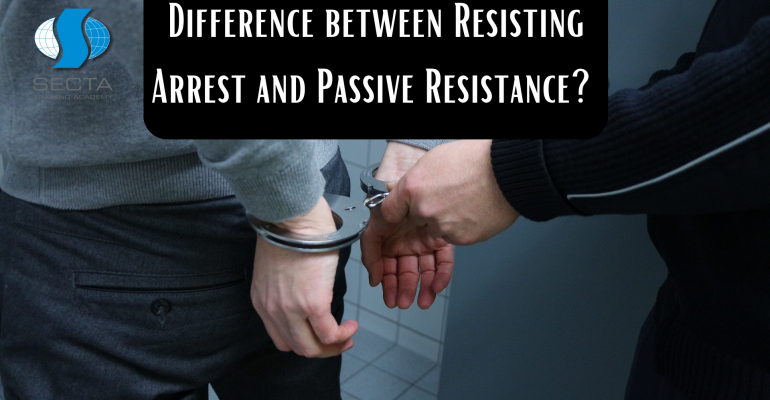Difference between Resisting Arrest and Passive Resistance?
12 June 2023 2023-06-12 0:01Difference between Resisting Arrest and Passive Resistance?
In NSW, Resisting Arrest is?
In New South Wales, resisting arrest is a criminal offense that is outlined in Section 546C of the Crimes Act 1900. The law states that it is an offense for a person to resist or hinder the lawful arrest or detention of themselves or another person.
Under this law, resisting arrest can include actions such as physically struggling, using force, or attempting to escape from the custody or control of a police officer or other authorized person making the arrest. It is important to note that resisting arrest can lead to additional charges and penalties, even if the original arrest was lawful.
The penalties for resisting arrest in NSW can vary depending on the circumstances and the level of force used. If found guilty, individuals can face fines and, in some cases, imprisonment.
It is advisable to comply with lawful arrest and detention and seek legal advice if you have concerns or believe your rights have been violated during the arrest process.
In NSW, Passive Resistance is?
In New South Wales, the law regarding passive resistance or running away during an arrest falls under Section 546C of the Crimes Act 1900, which covers the offense of resisting arrest.
Passive resistance refers to a non-violent form of resistance where an individual may refuse to cooperate, physically resist, or intentionally make it difficult for a police officer or authorized person to carry out a lawful arrest or detention. This can include actions such as going limp, refusing to move, or making it challenging for the officer to gain control.
Running away or attempting to flee during an arrest can also be considered as resisting arrest. This involves evading or attempting to escape from the custody or control of a police officer or authorized person who is lawfully making the arrest.
Engaging in passive resistance or running away during an arrest can result in charges and penalties under the law. It is important to note that resisting arrest can lead to additional charges and may escalate the situation.
If you find yourself in a situation where you are being arrested, it is generally advisable to comply with the lawful arrest, cooperate with the authorities, and seek legal advice if you have concerns or believe your rights have been violated.



